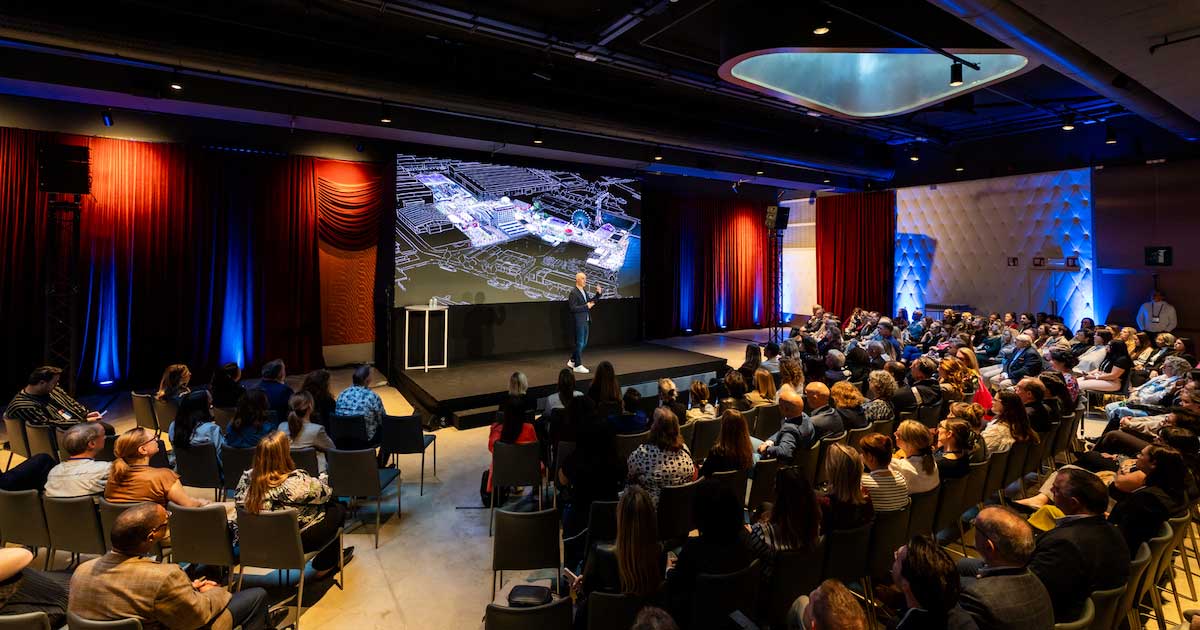The emergence of virtual and hybrid into our total event programs has been transforming—but with this new digital age comes growing pains. Monetizing events and assessing and proving their value to internal stakeholders has always been a challenge for planners. Now, in the new events landscape, things are getting more complicated. Ticketing & pricing sit atop of the list.
With virtual, hybrid, and in-person events all in the mix, planning teams must be equipped to not only shift from format to format, but also create events that generate the most value for their organizations, adjusting budgets along the way. Easier said than done. How do you price your trade shows, meetings, and conferences so that people will pay the right amount, without leaving money on the table?
To achieve this, you’ll need to learn about the benefits and limitations of each format as well as how to structure tickets and prices to deliver the value that attendees and sponsors want.
An Eye on the Future—But Don’t Forget the Past
This new event landscape has changed how organizations and professionals plan, market, and sell their events. But here’s the twist: some things remain unchanged. The basics remain—It is still critical to know your attendees deeply and tailor your value proposition to them. Understanding your audience’s challenges, motivations, and aspirations is the key to engagement, revenue, and more. Regardless of the event format.
However, what has changed is rather unprecedented. With access to new and larger audiences, event marketers have a chance to rethink their strategies around monetization and develop new ways of creating and capturing value. There are now more opportunities than ever for event planners to think beyond ticket sales and recognize the hidden value within their events.
Yet, with new models and methods comes some confusion and many questions:
- What kind of registration types should you offer?
- How much should you charge?
- Should you tailor price points for different audiences?
- Can you still make money on free events?
- How can you prove ROI?
The Sweet Spot: Value and ROI
Think beyond ticket sales to maximize value and ROI.
To price and ticket your event optimally, you must first define its value—for attendees, sponsors, and the organization itself. You can then maximize that value by mapping it to relevant attendee, sponsor, and organizational goals. Maximizing value leads to higher ROI for your organization and a more rewarding experience for your audiences.
Many organizations focus on ticket sales as the key driver of ROI---in 2022, it’s fair to say that thinking is a bit archaic. Ticket sales are just one slice of a much larger ROI pie. We’ve identified five benefits that contribute to event ROI:
- Direct revenue
- Attributed revenue
- Attributed sales pipeline
- Brand equity
- Knowledge exchange
When assessing the full value of your events, you must look at all the benefits they provide to the organization along with the costs. There are many things beyond direct revenue that impact how much money an event will make. It can take time for these to come to fruition, but it’s important to include them in ROI. Yes, this can be a large fundamental shift but thinking more wholistically about the revenue your planned events generate will help you in the long run.
Reimagine Success
Remember to view value through the eyes of all key stakeholders While you can highlight event value in objective terms (e.g., number and type of sessions, speakers, exhibitors), what matters most is how your stakeholders perceive the event. Imagine yourself in the shoes of not only your attendees and sponsors, but also your internal stakeholders.
For a more detailed look about finding success in the new era of events, we encourage you to download Cvent’s new eBook, How to Ticket and Price Virtual, Hybrid, and In-person Events.







